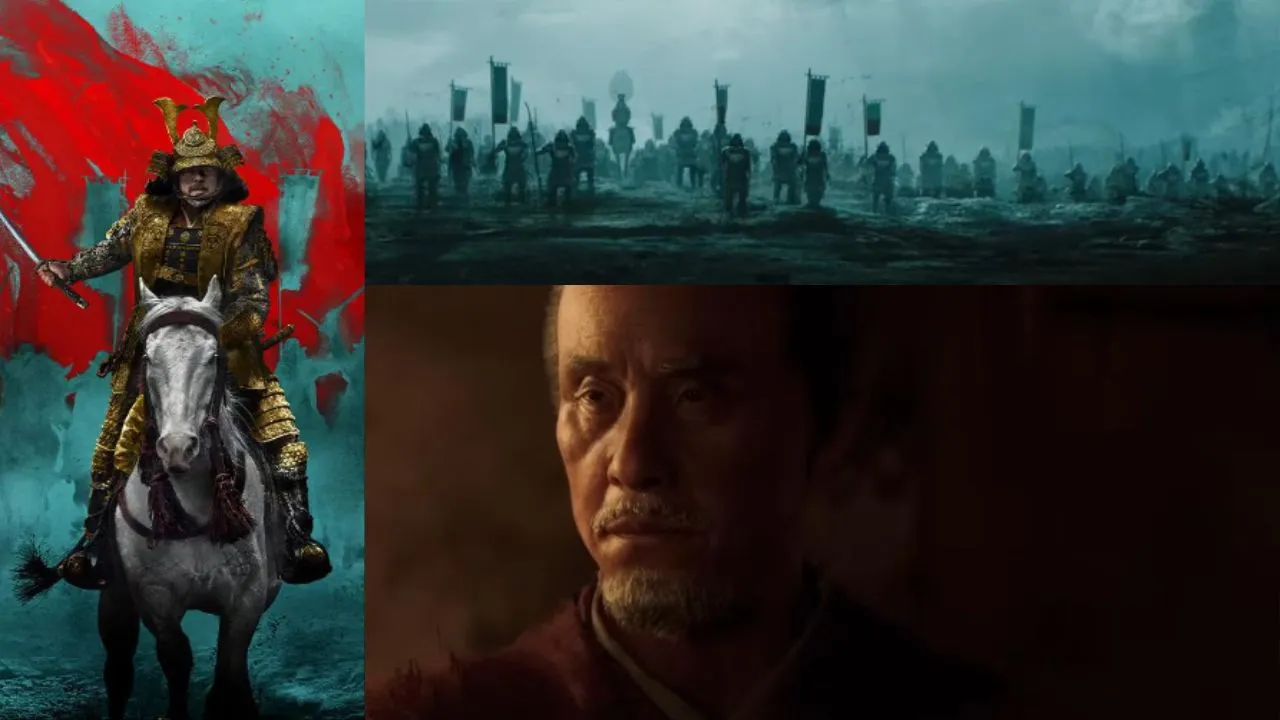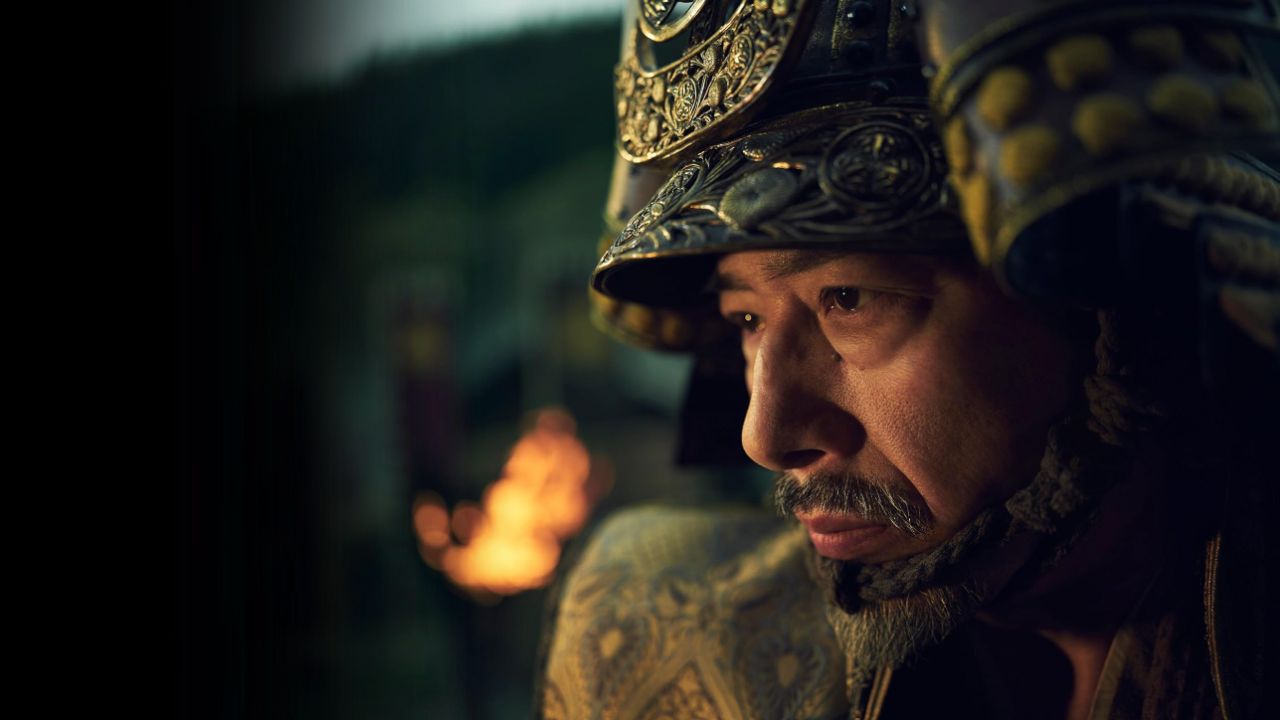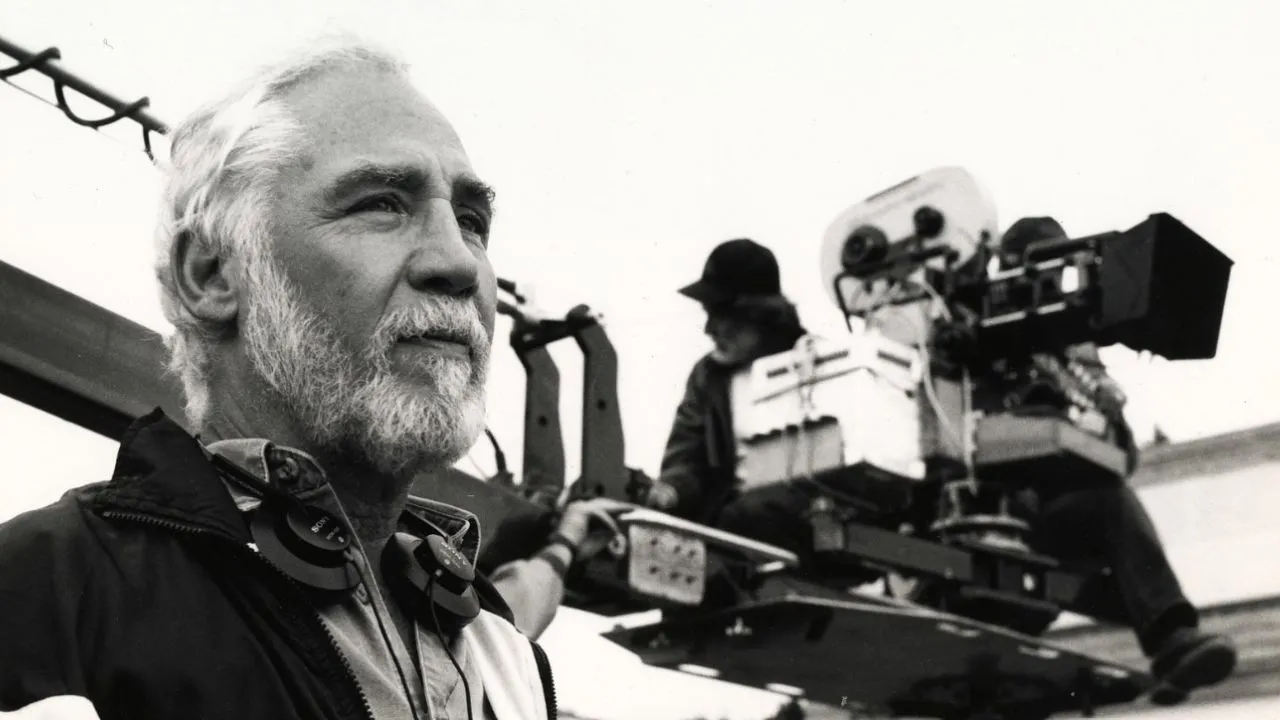Unveiling ‘Shogun’: FX’s Epic Journey into 17th-Century Japan.

Discover the captivating world of ‘Shogun,’ FX’s epic limited series set in 17th-century Japan. Immerse yourself in a tale of power, intrigue, and cultural clash, as characters navigate the treacherous waters of feudal politics. Experience the authenticity of Japanese culture and language, and delve into themes of identity and honor. Explore a narrative masterpiece that sets a new standard for historical epics in television.

In the dynamic realm of television, where trends rise and fall with the tides of audience demand, the pursuit of the “next Game of Thrones” has become an elusive quest for many networks and streaming platforms.
HBO’s epic fantasy series not only captivated audiences with its fantastical elements but also ensnared them in a complex web of political machinations and meticulously crafted world-building. While numerous contenders have emerged in the wake of Thrones’ reign, few have managed to encapsulate its essence. However, FX’s latest limited series, “Shogun,” emerges as a captivating and immersive experience that stands as a formidable contender in its own right.
Adapted from James Clavell‘s bestselling novel, “Shogun” transports viewers to 17th-century Japan, a nation teetering on the precipice of civil unrest following the demise of its supreme leader. Against the backdrop of political intrigue, cultural clash, and impending conflict, the series intricately weaves a narrative tapestry of power struggles, alliances, and betrayals that ensnare audiences in a gripping tale.
At the core of “Shogun” lies its meticulous attention to historical accuracy and cultural authenticity. The series delves deep into the intricacies of Japanese society, meticulously exploring its customs, rituals, and hierarchical structures with reverence and respect. From the rigid codes of honor governing samurai to the nuanced dynamics of feudal politics, “Shogun” offers viewers a rare glimpse into a captivating period of history seldom portrayed in mainstream entertainment.
Central to the narrative is the enigmatic figure of Lord Yoshii Toranaga, portrayed with depth and nuance by the talented Hiroyuki Sanada. Toranaga’s strategic brilliance and inscrutable motives serve as the driving force behind much of the series’ intrigue, as he navigates the treacherous waters of court politics with cunning and patience. Alongside him is the charismatic English sailor John Blackthorne, portrayed with rugged charm by Cosmo Jarvis, whose outsider perspective offers audiences a relatable lens through which to navigate the complexities of this unfamiliar world.
What sets “Shogun” apart from other historical epics is its restraint in storytelling. While the series does not shy away from moments of violence and conflict, it eschews gratuitous spectacle in favor of character-driven drama and subtle intrigue. The tension simmers beneath the surface as characters engage in a delicate dance of deception and manipulation, each vying for supremacy in a game where the stakes are nothing short of life and death.
Another standout aspect of “Shogun” is its commitment to authenticity in language and representation. The majority of the dialogue is in Japanese, with English subtitles providing accessibility for viewers. This decision not only enhances the immersive nature of the viewing experience but also underscores the series’ dedication to portraying Japanese culture with integrity and respect.

At its core, “Shogun” is a story about the collision of cultures and the complexities of human nature. It explores themes of identity, loyalty, and honor, challenging characters and audiences alike to confront their preconceptions and biases. Through its richly drawn characters and intricately plotted narrative, the series invites viewers to engage with its themes on a deeper level, prompting reflection on timeless questions of power, morality, and the nature of leadership.
As television continues to evolve and audiences’ viewing habits diversify, “Shogun” stands as a testament to the enduring power of storytelling. In an era dominated by flashy special effects and shallow spectacle, the series reminds us of the importance of substance over style, of character-driven drama over empty spectacle. It is a triumph of craftsmanship and storytelling, a rare gem in an increasingly crowded landscape of content.
In conclusion, “Shogun” is not simply another attempt to replicate the success of “Game of Thrones.” It is a bold and ambitious undertaking that succeeds on its own terms, offering a richly rewarding viewing experience that lingers long after the credits roll. With its masterful blend of historical accuracy, cultural immersion, and gripping drama, “Shogun” sets a new standard for high-stakes event television and reaffirms the enduring appeal of the epic storytelling tradition.






